Bankruptcy Basics
Bankruptcy can feel overwhelming, but you don't have to go through it alone.
At Table Law, we take the time to understand your story and guide you through each step. Most people file under Chapter 7 or Chapter 13, and while each type of bankruptcy serves a different purpose, you don’t have to decide on your own. We will recommend the type of bankruptcy that best fits your needs and goals.
1 Listen
We start by listening to what is most important to you. Your story matters and it informs everything that we do.
2 Plan
Everyone's life experience is different, and bankruptcy is not one-size-fits-all. After sorting through the numbers, we build a custom plan to fit your unique circumstances.
3 Act
Once you are ready, we move fast. We handle all the paperwork, file your case, and act quickly to protect your interests and stop collections.
Getting Started Is Simple
Start with a free consultation
We will start with a 20-30 minute phone call to answer your questions and help you understand your options. No cost and no pressure.
Move forward with confidence
If you decide to file, we'll handle the paperwork, guide you step by step, and keep the process clear and manageable.
CHOOSING THE RIGHT PATH
What do you need to know about Chapter 7 and Chapter 13? Here's your guide to bankruptcy in Central Arkansas.
Most people in Arkansas file under Chapter 7 or Chapter 13 bankruptcy. Neither option is better or worse — each serves a different purpose. A bankruptcy lawyer's role is to explain the differences and guide you toward the path that best fits your life. No matter which path is right for you, we can explain your legal options and help you decide the best way to protect your rights, your loved ones, or your business interests.
CHAPTER 7 BANKRUPTCY
Chapter 7 can wipe out (or “discharge”) most unsecured debts, like credit cards and medical bills. Some debts — such as student loans and child support — cannot be discharged. In certain cases, non-essential assets may be sold (this is sometimes called “liquidation”) to help repay creditors before the rest of your debt is cleared. To qualify, your income must fall within specific limits. For many people, Chapter 7 is the fastest path to a new beginning.
CHAPTER 13 BANKRUPTCY
Chapter 13 creates a repayment plan that lasts 3 to 5 years. It can be a good choice if you don’t qualify for Chapter 7, or if you need time to catch up on missed mortgage or car payments. It also allows you to repay certain debts, like taxes, over time. Chapter 13 is sometimes called “reorganization,” because it helps you reorganize your finances while protecting important things like your home or car.
Chapter 7
may be right for you if . . .
- You have debts like credit cards, payday loans, or medical bills.
- You don't have extra money left after paying basic living costs.
- You want a faster option that usually takes 4-6 months.
- You don't have big assets like extra land that creditors could claim.
Chapter 13
may be right for you if . . .
- You own a home and want to stop foreclosure or catch up on payments.
- You're behind on credit cards or other debt but have steady income.
- You own multiple properties.
- You could make your car payment if the interest was lower or if payments were spread out.
Chapter 7 vs. 13
Here is how the two options compare at a glance.
| Chapter 7 | Chapter 13 | |
|---|---|---|
| Timeline | Typically 4-6 months from date of filing | Lasts 3-5 years |
| Debts Covered | Wipes out most unsecured debts like credit cards and medical bills | Repays secured or priority debts, like mortgages, car loans, or taxes, over time |
| Property | Some nonessential items may be sold | Protects your property from sale or repossession |
| Eligibility | Income must be under specific limits | Requires steady income to make plan payments |
How It Works
Credit Counseling
Take a short required credit counseling course. You’ll get a certificate valid for 6 months. We recommend using
Money$harp.
Choose Your Chapter
Choose between Chapter 7 or Chapter 13 depending on your situation. Chapter 7 is usually finished in less than 6 months and is best for those with limited income or assets. Chapter 13 is income-based repayment, lasts 3–5 years, and helps you catch up on mortgages and car loans.
Prepare & File
Gather necessary documents like pay stubs, debts, tax returns. Your attorney goes over the bankruptcy petition with you and files it. An automatic stay begins, stopping most collections.
Creditor Meeting
About a month into the case, you’ll have a short Zoom meeting. The trustee will ask a few basic questions to make sure you are who you say you are and that the information that you provided is correct.
Call or Text Us Today
Your first step toward relief is simple — a free 20–30 minute consultation where we listen to your story, answer your questions, and explain your options.
The
Truth About Bankruptcy
FEAR
Bankruptcy is a last resort for people who have failed in life.
FACT
Filing for bankruptcy is not a sign of failure but an act of strength. Choosing it means that you've accepted the reality of your situation and are making the choice to take control now to protect yourself, your loved ones, and your future.
FEAR
Filing for bankruptcy means I'll lose everything.
FACT
In most cases you keep essentials like your home, car, and retirement accounts.
FEAR
Bankruptcy will ruin my credit forever.
FACT
Most people are already struggling with credit before filing. Bankruptcy improves your debt-to-income ratio, stops negative reporting, and within two years, you may qualify for a home loan.
FEAR
Only dishonest or irresponsible people file for bankruptcy.
FACT
The top reasons clients file are medical bills, job loss, disability, divorce, or other life events. Bankruptcy is a legal tool to help honest people get back on track.
FEAR
Using a debt consolidation company is safer than bankruptcy.
FACT
Debt settlement often drags on for years while interest piles up, and many people get sued before it is done. Bankrutpcy gives faster, stronger legal protection.
FEAR
Bankruptcy always means going to court.
FACT
Most clients never have to step into a courtroom. Instead, you will attend a short meeting of creditors over Zoom that usually lasts less than 30 minutes.
FEAR
Creditors can keep coming after me even after I file for bankruptcy.
FACT
Once your case is filed, the automatic stay stops garnishments, foreclosures, and collection calls immediately.
FEAR
Bankruptcy won't help me because some of my debts will still be there.
FACT
It is true that certain debts like child support or student loans usually stay. But bankruptcy erase or restructure most debts giving you real relief.
Our Comprehensive Approach to Bankruptcy in Arkansas
Bankruptcy isn’t just about forms and rules — it’s about finding the best path forward for your life. At Table Law, we take the time to understand your full financial picture, including your debts, income, household, and assets. With that knowledge, we guide you toward a personalized solution that truly fits your needs.
Bankruptcy Questions Answered
Overwhelmed by Debt? We Offer Solutions
Restore Financial Stability with Table Law PLLC in Central Arkansas
Dealing with overwhelming debt can be incredibly stressful, especially with constant calls from debt collectors. If you’re struggling to keep up with your bills and facing garnishment, it’s crucial to consult a professional who can offer legal protection and peace of mind.

